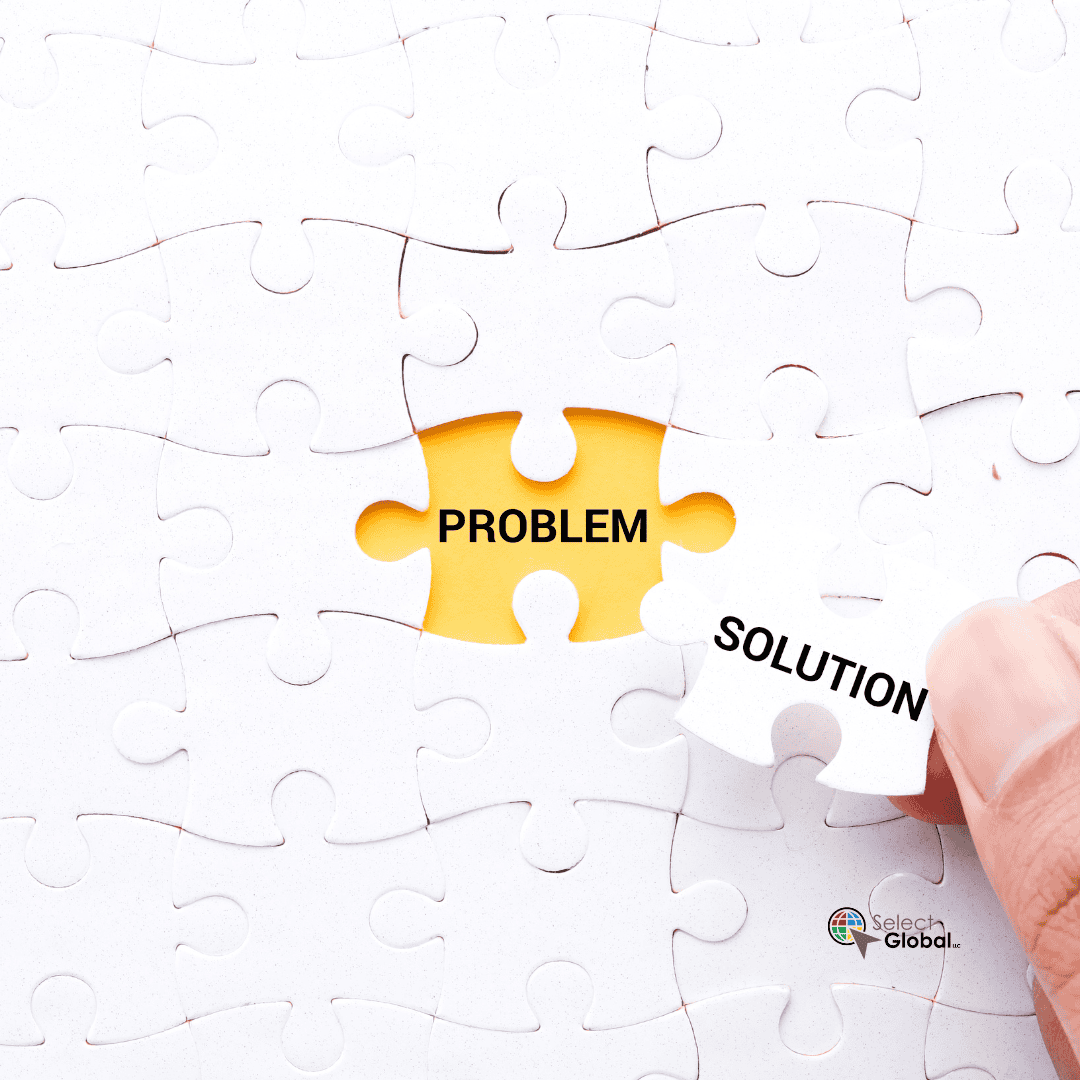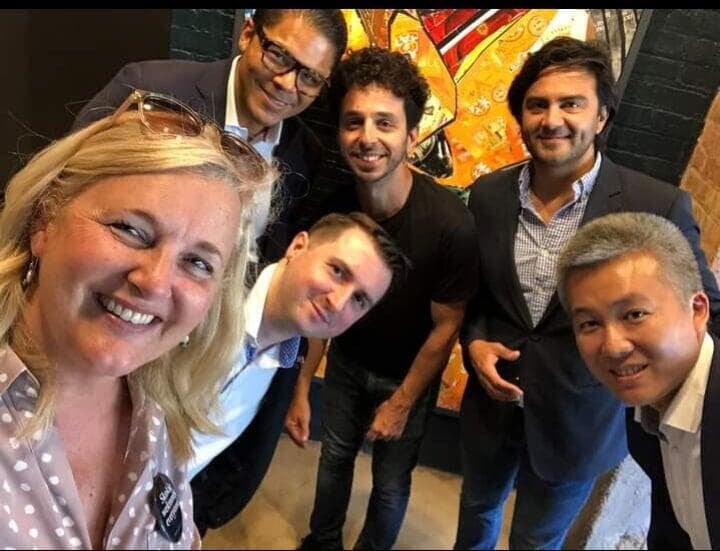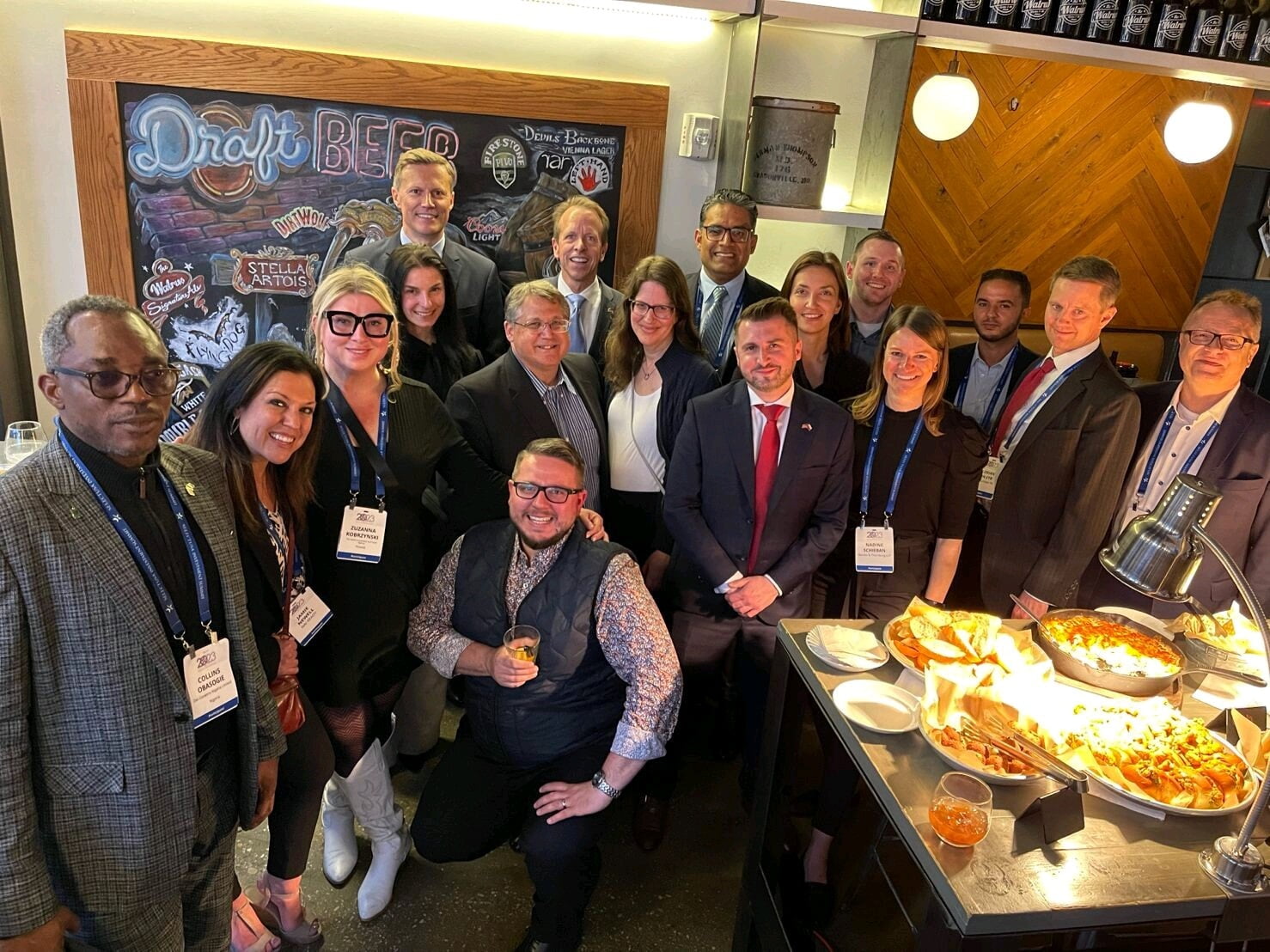by Michael Edgar, CEO/Founder - SelectGlobal, LLC

Michael Edgar is a highly experienced development consultant with over 30 years dedicated to creating economic opportunities for small to medium-sized enterprises. He holds a Master of Architecture from the University of Houston and a Bachelor of Architecture from the University of Southern California, allowing him to merge his architectural expertise with effective economic development strategies. As the former founder and President of GWDC, he established investment programs aimed at economically disadvantaged communities and played a pivotal role in expanding the “SelectChicago” initiative. Currently, as CEO of SelectGlobal, LLC, he provides consulting services to various global communities and investors. Additionally, Michael is a member of the United States Investment Advisory Council and the founder of Design Studio C, Ltd., where he has successfully overseen over 1,200 real estate projects in the greater Chicago area. He maintains active architecture licenses in Wisconsin and Illinois, along with an NCARB Certificate.
What is a Startup Community?
A startup community refers to a network of entrepreneurs, investors, mentors, and other stakeholders who work collaboratively to support new businesses. Its primary role in the economic landscape is to drive innovation, create jobs, and enhance local economies. By fostering an environment where startups can thrive, communities can improve their resilience and adaptability to market changes.

Challenges and Solutions
While building a startup community has its benefits, there are challenges to consider, including:
Limited Resources: New entrepreneurs often struggle with access to funding and mentorship.
Solution: Establishing incubators or accelerators can provide necessary support.
Isolation: Many entrepreneurs feel isolated in their journey, lacking a support network.
Solution: Creating regular networking events and workshops can help foster
connections.
Inclusion: Many communities inadvertently exclude marginalized groups from participating in the ecosystem.
Solution: Ensuring inclusivity through targeted outreach programs and partnerships with local organizations can create a more diverse entrepreneurial ecosystem.
Reflecting on my journey, I recall when the Greater Waukegan Development Corporation (GWDC) was still in its early stages. I had the opportunity to read the first edition of "Startup Communities" by Brad Feld shortly after its release in 2012. For those who have yet to delve into it, the book reads like a manifesto on entrepreneurship, compelling enough to motivate us to overhaul our initial business plan.

Entrepreneurs Must Lead the Startup Community: A vibrant startup ecosystem thrives when entrepreneurs take the helm, guiding initiatives and inspiring collaboration among various stakeholders.
Long-Term Commitment from Leaders: Sustainable change requires leaders who are dedicated to the community over the long haul, ensuring continuity and stability in the ecosystem's growth.
Inclusivity is Essential: A successful startup community embraces anyone who wishes to participate, fostering a diverse environment that fuels innovation and creativity.
Engaging Activities for the Entire Entrepreneurial Stack: Continuous engagement through events and activities is crucial for maintaining momentum and interest within the community.
From 2012 to 2022, I had the privilege of witnessing the initial development of a startup community in my area. The impact we made was significant, and I'm proud to say that many of our events were documented on video, available for viewing at Greater Waukegan Video.
As outlined in the book's preface, it is designed for anyone interested in nurturing this ecosystem—entrepreneurs at its core, but also government officials, universities, investors, mentors, service providers, and large companies. Each plays a critical role in the growth and development of startup communities.
Conclusion
In conclusion, fostering an entrepreneurial ecosystem is not merely about the act of starting businesses; it is about cultivating a culture of collaboration, commitment, and inclusivity. By embracing these principles, we can create vibrant communities that not only support entrepreneurs but also enrich the fabric of our cities.

Michael Edgar
CEO/Founder, SelectGlobal, LLC
Michael Edgar is a highly experienced development consultant with over 30 years dedicated to creating economic opportunities for small to medium-sized enterprises. He holds a Master of Architecture from the University of Houston and a Bachelor of Architecture from the University of Southern California, allowing him to merge his architectural expertise with effective economic development strategies. As the former founder and President of GWDC, he established investment programs aimed at economically disadvantaged communities and played a pivotal role in expanding the “SelectChicago” initiative. Currently, as CEO of SelectGlobal, LLC, he provides consulting services to various global communities and investors. Additionally, Michael is a member of the United States Investment Advisory Council and the founder of Design Studio C, Ltd., where he has successfully overseen over 1,200 real estate projects in the greater Chicago area. He maintains active architecture licenses in Wisconsin and Illinois, along with an NCARB Certificate.
References:
Startup communities: Building an entrepreneurial ecosystem in your city - This book discusses efforts like "Rise of the Rest," which highlights startup communities across the United States.
Creating a corporate entrepreneurial ecosystem: The case of entrepreneurship education in the RTP, USA - This article explores regional entrepreneurship ecosystems and educational initiatives in the Research Triangle Park area.
Entrepreneurial ecosystems: a systematic literature review and research agenda - This review provides insights into the research conducted on entrepreneurial ecosystems, including those in the United States.





